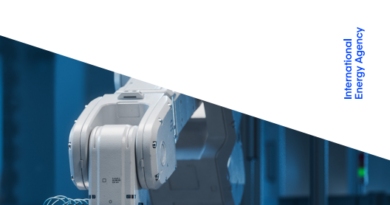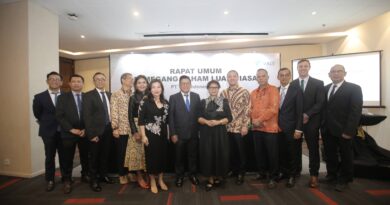Indonesia Poised to Become Major Player in Global EV Battery Market
Indonesia is rapidly emerging as a key player in the global electric vehicle (EV) battery market, with ambitious goals, significant investments, and the recent opening of its first battery cell production plant.
According to the International Energy Agency (IEA) report, “EV Battery Supply Chain Sustainability” Indonesia aims to have 2 million electric cars and 13 million electric motorbikes on its roads by 2030, signaling a major push towards electrification.
This move is part of a broader trend in emerging markets and developing economies (EMDEs) to diversify battery production beyond China. Indonesia, with its rich mineral resources and strategic trade agreements, is attracting substantial foreign investment in its battery and EV sectors. The country’s efforts are geared towards not just meeting domestic demand but also establishing itself as a significant exporter in the global market.
“Indonesia has signed more than a dozen deals worth over USD 15 billion for investments in batteries and EVs, and recently inaugurated its first battery cell production plant,” according to a recent report.
This development underscores the country’s commitment to becoming a major hub for battery production, which is crucial to the global transition towards sustainable transportation. These investments are likely to boost the local economy while also facilitating the transition to electric vehicles.
Several factors are driving Indonesia’s appeal to investors: strategic location, low labor costs, access to critical minerals like nickel, potentially affordable renewable electricity, and free trade agreements (FTAs) with the United States and the European Union.
The country’s vast nickel reserves are particularly important, as nickel is a key component in many EV batteries. About half of all nickel is mined in Indonesia, and around two-thirds is refined between Indonesia and China.
The growth of Indonesia’s EV battery industry aligns with broader global trends, where battery demand is set to increase dramatically. By 2030, global demand is expected to be four-and-a-half times higher than in 2023, and by 2035, it will be more than seven times higher. Indonesia’s efforts will be important in meeting this growing demand and diversifying production beyond China.
Indonesia’s increasing role in the battery supply chain is an opportunity for the country to absorb more value from its mineral resources. By building capacity for critical mineral processing, battery component and cell production, and EV manufacturing, Indonesia is not only reducing its reliance on imports, but also setting itself up to be a key exporter in the future.
The transition also calls for high environmental, social, and governance (ESG) standards. Ensuring responsible practices in mining and manufacturing will be crucial to maintaining a sustainable and responsible industry in Indonesia. This includes minimizing environmental risks such as water and air pollution, and protecting local biodiversity.
This rapid growth in Indonesia’s EV battery sector will also require adequate infrastructure, such as charging stations, to support increased EV uptake. Additionally, the country will need to develop robust recycling programs to handle the growing number of end-of-life EV batteries.
Overall, Indonesia’s investments and ambitious goals signal its intention to be a key player in the global shift to electric vehicles. With the inauguration of its first battery cell production plant and ongoing investment, Indonesia is positioning itself to be a major producer in the EV battery supply chain, both regionally and globally.

